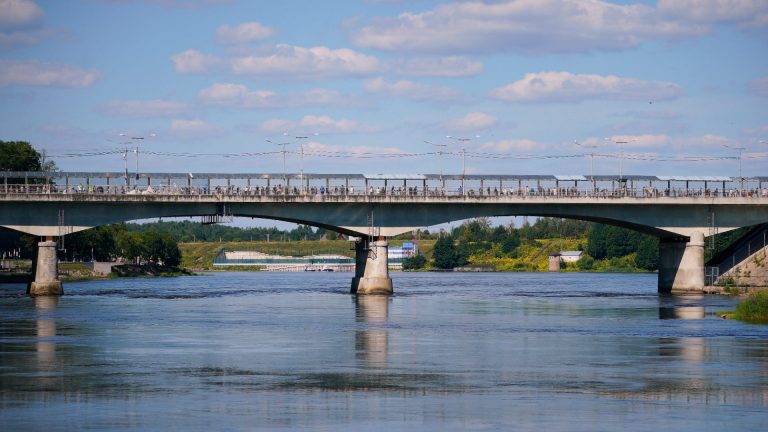The ‘missing billions’ are a red herring, says ANGELA JAMESON. There are bigger things to worry about
My friend is miserable. We are trying to arrange dinner at a venue that can be accessed from all parts of the city. Our favourite gastro pub, it turns out, has shut down because of difficulties trading and recruiting staff.
Our second-choice restaurant, so popular we could barely get a seat last year, has also shut down abruptly.
My friend blames Brexit and bemoans the economic downward spiral we are plunging into. I suspect she is being a little bit dramatic.
New restaurants are still opening across town and I think terrorism, increases to the cost of employing people, high rent and rates are probably just as significant. Of course, we could both be right.
This is the problem that all businesses and economic pundits face right now. It is not clear how much any deterioration in trade is due to the Brexit effect, or other significant factors.
To illustrate my point, Merlin Entertainments – the operator of Legoland and Alton Towers, to name a few – put out a grim trading update this week that sent its shares plunging 20%.
Brexit was not the problem here. Terrorism, including the Westminster Bridge and London Bridge attacks, and bad weather is what is hurting its trading.
Meanwhile, Eurostar reported a surge in business, much of it down to British companies scoping out opportunities in Europe and Europeans coming to the UK to pitch to British businesses including banks.
Trying to put together a definitive picture of the Brexit effect from the drip-drip-drip of monthly indicators is nigh-on impossible. Not only are different data sources sometimes contradictory, they are subject to revision.
A story came along this week that seemed so convincing – and so bad – that interest was piqued. ‘Britain’s missing billions: Revised figures reveal UK is £490bn poorer than previously thought’ the Daily Telegraph screamed from the front page of its business section.
An analyst is quoted as saying: ‘Half a trillion pounds is missing. This is equivalent to 25% of GDP,’ which sounds like the biggest catastrophe ever to hit a developed economy.
Except that it is not, as Simon French, chief economist at Panmure Gordon, a boutique investment bank and stockbroker, points out.
French thought the article was selectively quoting headlines and misinterpreting data. The ONS has made revisions to a balance sheet item. To describe these as 25% of GDP – which is income – is misleading at best, he argues.
‘The UK economy has assets and liabilities totalling over £21 trillion. Therefore a revision of £490bn (or 2.3%) is both modest and understandable given recent large swings in the UK’s exchange rate and asset prices. Data on assets and liabilities shouldn’t be directly compared with spending figures such as GDP,’ French says.
‘Calling this an adverse swing on combined balance sheet items of £21 trillion would have been more appropriate – if less headline-grabbing.’
What this means is that the ‘missing billions’ will not damage the outlook for sterling or for gilts and will not make Theresa May’s Brexit negotiation harder. Net liabilities (£101bn) are actually four times lower than it was in the final quarter of 2014.
What is more concerning, though, are the foreign direct investment figures. FDI – the money that comes into the UK when overseas investors buy companies (like Cambridge’s ARM Holdings) or assets like commercial real estate – has been volatile since the Brexit vote. The last two quarters have been particularly weak, although many economists say the data is too mixed to conclude a strong post-referendum trend.
Of course, as with my restaurant dilemma, the fact that Britain is not missing billions does not mean that all is right with the UK economy.
With inflation hitting a five-year high of 3% in September and the Bank of England governor predicting that it will keep rising, because of the weak pound, things are going to be tough for many households and businesses this winter.
Blaming Brexit may be part of the story, but we won’t even have the full picture for some time to come.
Carney told MPs this week that the Bank had worked on a worst-case scenario for a Hard Brexit, with no transition. For some business owners even getting to this stage has been ugly enough.








